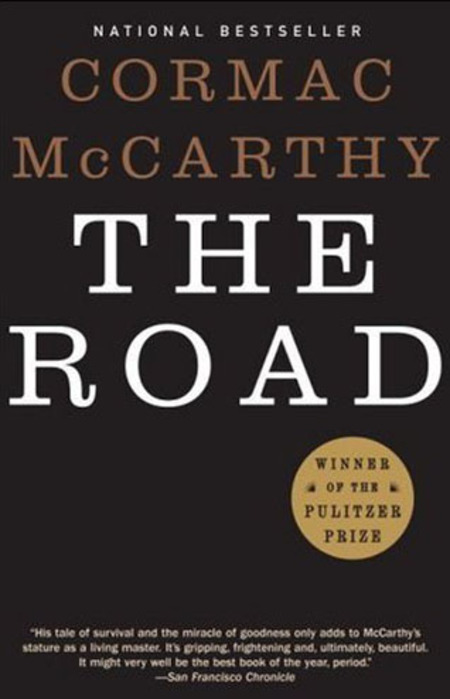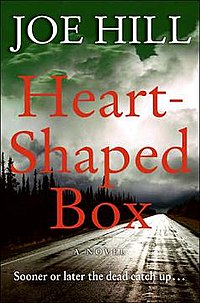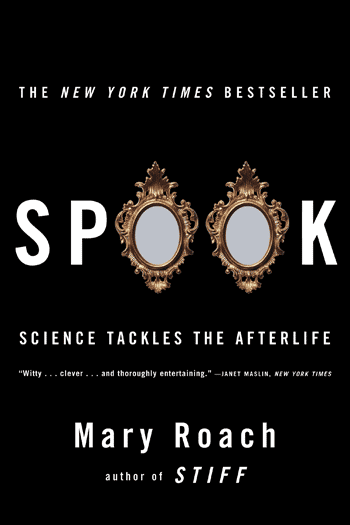I am outrageously late on writing this up and for that, I hope you can forgive me. We had a really great discussion last month at the Kegs & Corks festival (and thanks so much to everyone for coming out in the rain!). Markus Zusak's
The Book Thief, although a lengthy book, was a good fit for the book club, as everyone really seemed to enjoy it and had much to say on it.
Again, please note that this post may include spoilers, and please be aware of that as you continue to read.
Going into
The Book Thief, one must know that this book was meant to be written as a book for adults, but the publishers decided to market it toward children. It has won multiple Young Adult/Childrens' book awards, but some people still think that it is too "adult"-themed for children (and in some international countries, it is still marketed as an adult book). We all agreed that the book definitely reads as young adult (the word choice and syntax), its font and style (specifically with the asterisks and drawings), and a lot of its adult themes are presented in a YA-style, such as a main protagonist who defies authority and is smarter than the adults in the story. The main difference that we noticed is that this book doesn't dumb it down for children, but instead offers heavy topics in a way that isn't too overwhelming. We did note that this novel doesn't actually explain the Holocaust outright and in that way, children may be at a disadvantage if they are fairly unaware of the historical content. Despite this,
The Book Thief works hard to show that not all Germans in Nazi Germany were practicing members of the Nazi Party, which is a story not told often.
While
The Book Thief has a much more traditional writing style than the other books that we have read in the book club so far, the narrator of the book is Death, and as such, there are quite a few implications of this, such as Death telling us ahead of time that a character will die, or giving us a closer view into certain character's pasts that we may not have gotten otherwise. Our book club really felt like knowing that Death is the narrator really set the tone for this novel up front: there will be a lot of dying in this book. Even so, most readers enjoyed Death as a narrator, and Stephanie said that it gives this book a "unique, different voice" than it would otherwise have had.
Another unique part of
The Book Thief is that a lot of the book's story is interspersed with German words. Both Stephanie and I speak German, but the rest of the book club does not. Leanne said that she enjoyed that the German words broke up the reading, and that a lot of the time she caught herself pronouncing the words aloud. Leanne also said that the story felt "more effective with the German words." Anthony enjoyed that the author helped translate the words in a creative (non-textbook) style each time. Stephanie and I both agreed that the translations were good approximations of the German word, which shouldn't be surprising, as the author speaks fluent German.

This story is about a book-loving German girl, Liesel, living in World War II, mostly in a neutral stance (her parents were not political, and neither was she), until her father, Hans, is called upon for a favor; their family is asked to take in a Jewish man, Max, and he lives hidden in their basement. Something that was noticed by the readers is that this book is about one family, doing one small thing. It is "not a sob story," and they are not trying to save all the Jews in Nazi Germany. Each character has a way of rebelling in such a strict world; Liesel's family hides Max, Max reads Hilter's Mein Kampf to stay safe, Rudy wants to be Jesse Owens.
We all really enjoyed that a main theme in this novel was reading, writing, and loving books in general. Liesel feels as if she needs to write, to commemorate, as an escape, as a relationship builder. Written words save her life in more than one way multiple times throughout the book. As for Max, he ironically reads Mein Kampf ("My Struggle") to flee under the radar, and eventually paints over the pages of Mein Kampf and writes his own story. The symbolism of creating one's own story and rewriting one's history was not lost on our group. Stephanie addressed the question of why Liesel picked up the book at her brother's funeral. Anthony answered, "the book is an artifact [in this case], not reading material." I enjoyed the juxtaposition of how sentimental and emotional that book was to Liesel in contrast to the grave digger that it belonged to, who just used it for work. Additionally, as time goes on and the mass killings become more rampant in Germany, a grave digger's book is irrelevant.
Like some of the other books that we've read, there are talks of turning
The Book Thief into a full-length motion picture. We all discussed if they will still use Death as the narrator (we hope so!), and what he would look like. We all agreed that Death would have to be very attractive (or as Jenny said, "Death is sexy as hell.") and Anthony brainstormed that Death would simply be a character in each scene, and would be in charge of carrying the dead away. Either way, we did agree that the book will translate well to screen.
Our final word on the book was the theme in only one sentence.
Anthony: "Seductive Truth."
Ann Marie: "Human nature surprises even death."
Stephanie: "Survival and the duality of human nature."
If you enjoyed the book, or have any comments on our comments, please feel free to continue the conversation below. I look forward to seeing your feedback!
Thanks again for making this book club a success!
 Based on the poll sent out last month, November's book pick is the perks of being a wallflower by Stephen Chbosky. It is a YA book, to go with our theme of BookIt!
Based on the poll sent out last month, November's book pick is the perks of being a wallflower by Stephen Chbosky. It is a YA book, to go with our theme of BookIt! There will be BookIt! swag handed out for those of you who attend. Thank you and I look forward to seeing you in November!
There will be BookIt! swag handed out for those of you who attend. Thank you and I look forward to seeing you in November! 











